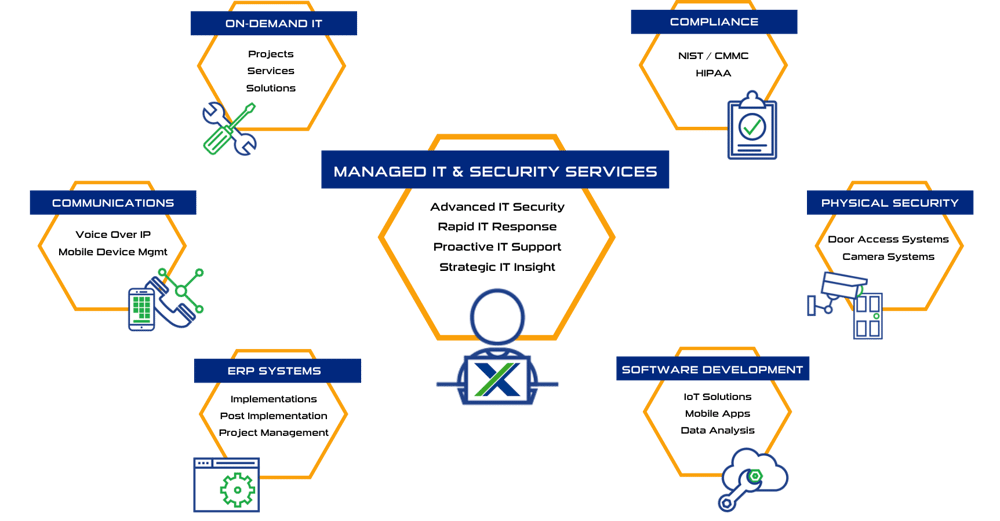When it comes to encryption, you have several tools and technologies at your disposal. Here are some key considerations:
File and folder encryption
Operating system tools: Most modern operating systems offer built-in encryption tools, such as BitLocker for Windows and FileVault for macOS. These are excellent options for encrypting entire drives or specific folders.
Third-party solutions: There are also third-party encryption software options like VeraCrypt and AxCrypt, which offer more advanced features and cross-platform compatibility.
Email encryption
PGP/GPG: Pretty Good Privacy (PGP) and GNU Privacy Guard (GPG) are popular solutions for encrypting email communications. They use a combination of symmetric and asymmetric encryption to keep your emails private.
Email service providers: Some email service providers, like ProtonMail and Tutanota, offer end-to-end encryption by default. Consider using these services for sensitive communications.
Full disk encryption
Whole disk encryption: Tools like BitLocker, FileVault, and LUKS (Linux Unified Key Setup) allow you to encrypt your entire disk or device, ensuring that all data on it is protected.
Cloud storage encryption
Client-side encryption: Some cloud storage providers offer client-side encryption, which means your data is encrypted on your device before it’s uploaded to the cloud.
Communication encryption
SSL/TLS (Secure Sockets Layer/Transport Layer Security): Ensure that your website and online services use SSL/TLS encryption. This is essential for secure data transmission over the internet, especially for e-commerce and login systems.
Virtual Private Network (VPN): Implementing a VPN for your business can secure communication between remote employees and the company network, keeping data safe from prying eyes.


